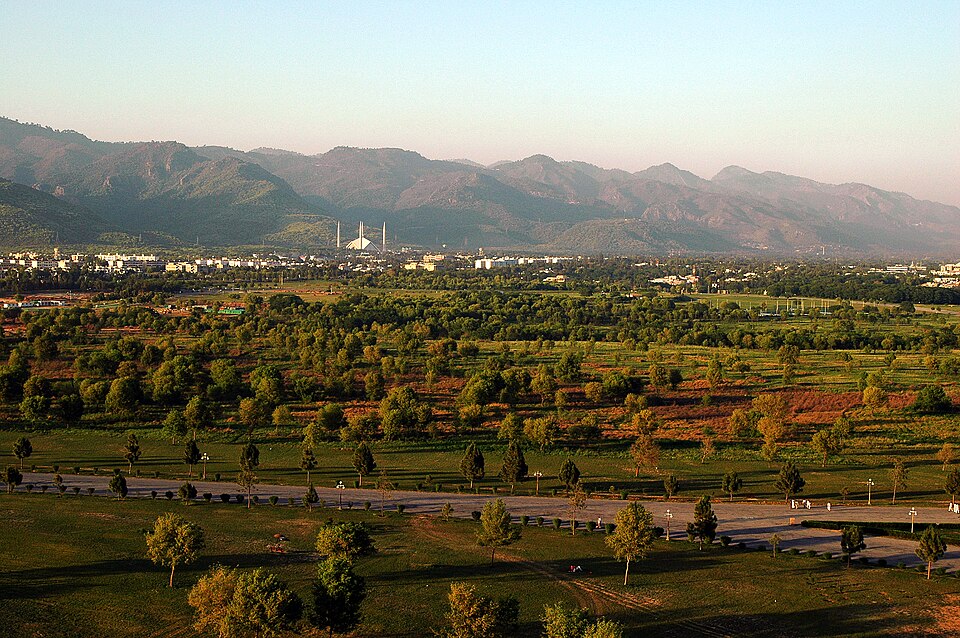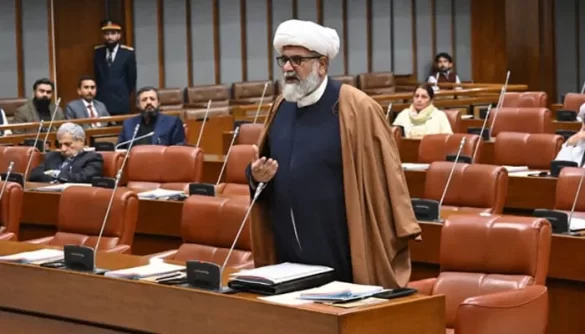CDA Chooses F-9 Park for New Cricket Stadium
Islamabad’s Capital Development Authority (CDA) has decided to build a cricket stadium inside the city’s F-9 Park. The decision marks a significant shift in the use of the park, one of the largest green spaces in the capital.
To guide the project, the CDA has appointed former Pakistan cricket captain Rashid Latif as its technical adviser. Latif will provide expertise on the design, layout, and technical aspects of the stadium. He previously played a key role in the development of the Islamabad Club’s sports facilities.
Preserving Green Areas Within the Stadium
Officials say the project will be planned with the Supreme Court’s previous rulings on green areas in mind. In earlier judgments, the court had emphasised the preservation of public parks and open spaces.
To address environmental concerns, the CDA is considering a design that retains most of the park’s greenery. Sources suggest the stadium will incorporate green zones within its structure, inspired by stadiums in South Africa and the West Indies. In these international examples, open lawns and landscaped areas coexist with sports facilities.
Under the proposal, several enclosures will be surrounded by green belts, allowing visitors to enjoy natural surroundings even on non-match days. This approach aims to maintain F-9 Park’s role as a recreational space while introducing a modern cricket venue.
Need for Supreme Court Approval
The CDA plans to seek formal clearance from the Supreme Court before construction begins. This step is necessary because in the past, the court has intervened to protect public green areas from commercial or infrastructural development.
In a notable case, the Supreme Court stopped the construction of a cricket stadium in Shakarparian, citing the land’s status as a protected green zone. Officials acknowledge that without judicial approval, the F-9 Park project could face similar legal challenges.
Balancing Sports Infrastructure and Environment
Pakistan’s capital has long lacked a dedicated international-standard cricket stadium. Most high-profile matches are hosted in Rawalpindi, which can lead to logistical issues for players and spectators. Supporters of the project argue that Islamabad needs its own facility to host domestic and international games.
However, environmentalists warn that turning part of F-9 Park into a stadium could set a precedent for further encroachment on public parks. They point out that urban green spaces are crucial for reducing pollution, controlling temperature, and providing residents with recreational areas.
The proposed design’s emphasis on preserving green zones is seen as an attempt to strike a balance between development and conservation. If implemented successfully, it could serve as a model for integrating large sports venues into existing natural landscapes.
F-9 Park: A Landmark of Islamabad
F-9 Park, officially known as Fatima Jinnah Park, covers over 750 acres and is one of Asia’s largest urban parks. It features walking trails, picnic spots, and cultural installations. The park is a popular destination for families, joggers, and tourists.
Any modification to its landscape is bound to attract public attention. City planners say the cricket stadium would occupy only a small portion of the park, but critics argue even partial conversion could affect its open character.
Next Steps
Once the Supreme Court reviews the proposal, the CDA will finalize the stadium’s design. If approved, the project could bring Islamabad into the international cricket circuit, while testing the city’s ability to balance urban growth with environmental stewardship.
For now, the fate of the F-9 Park cricket stadium rests with Pakistan’s highest court, which will decide whether the plan can proceed without undermining the capital’s green heritage.















